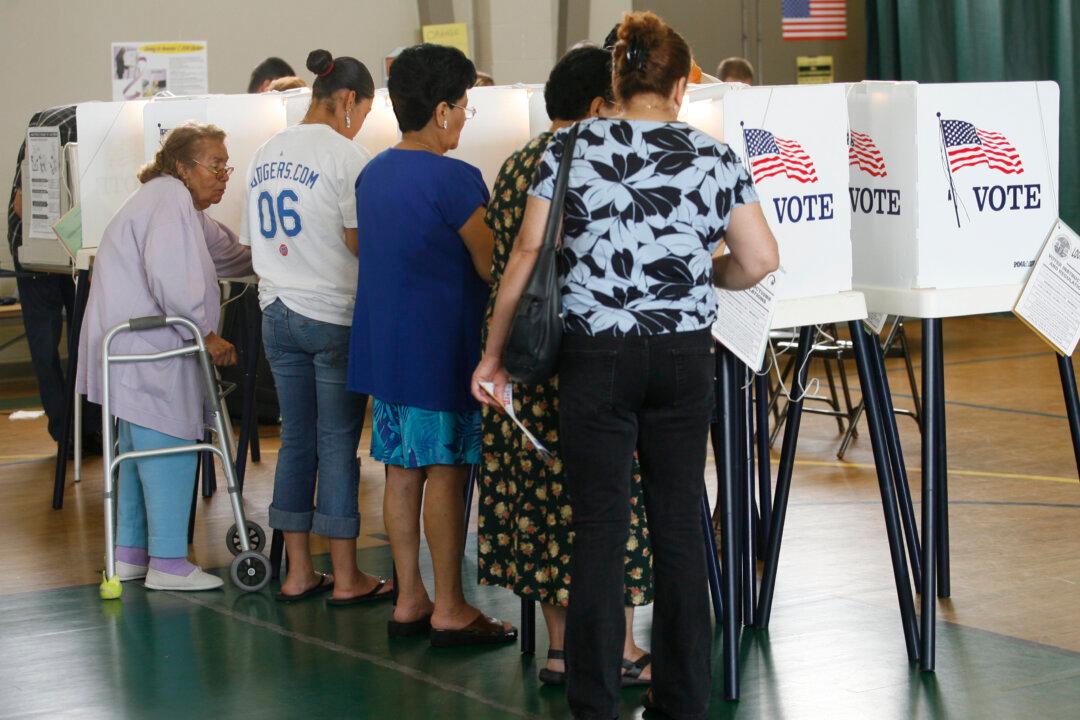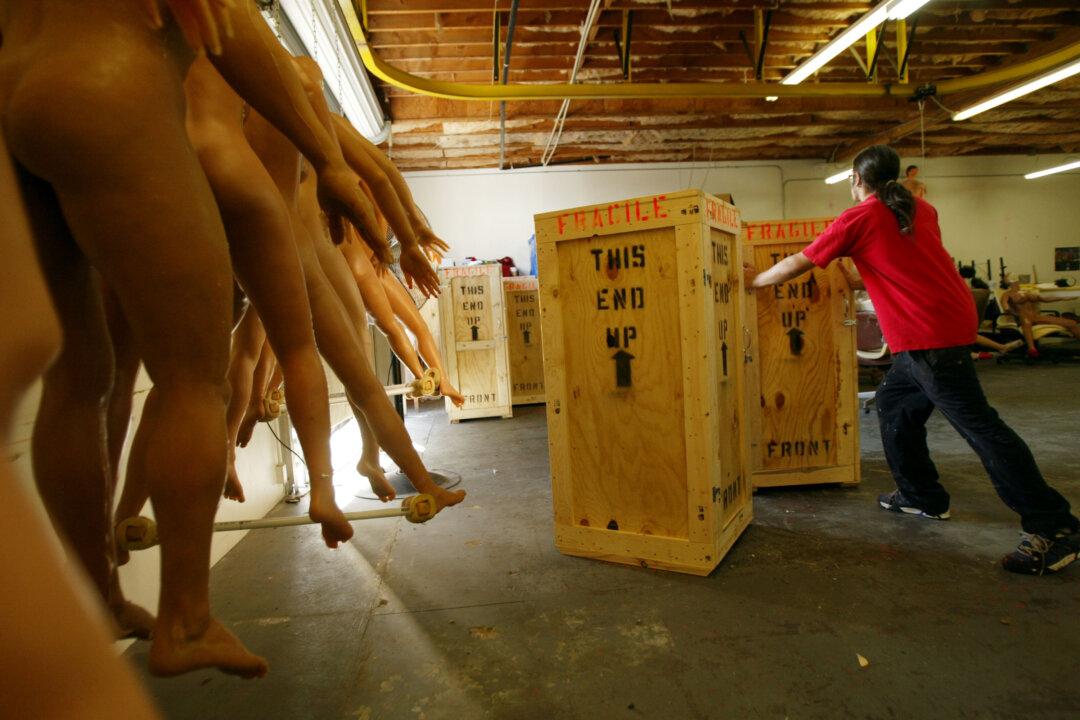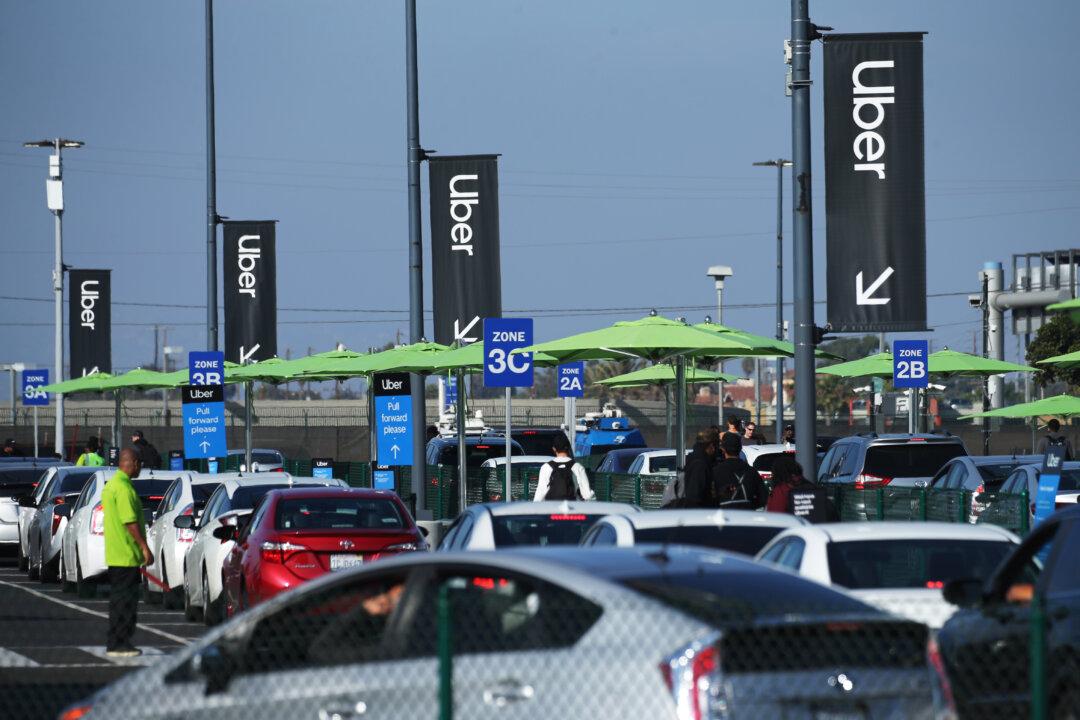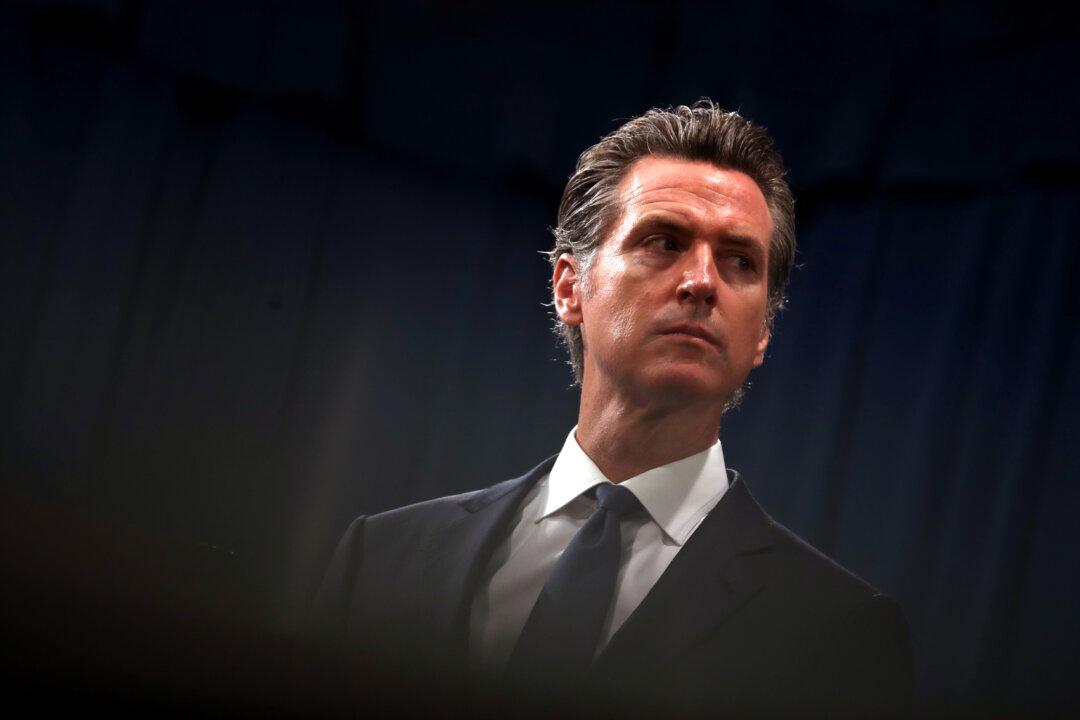A bill seeking to lower California’s voting age from 18 to 17 passed the State Assembly in August and was recently sent to the Elections and Constitutional Amendments committee in the State Senate. Since the bill was not sent to the governor’s desk by the deadline of Sept. 13, it will have to wait until 2020 to be revived.
ACA 8 simply reads: “The California Constitution allows a United States citizen who is at least 18 years of age and a resident of California to vote. This measure would reduce the minimum voting age to 17.”





